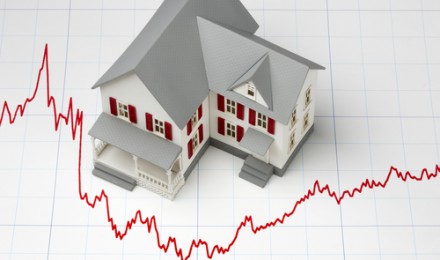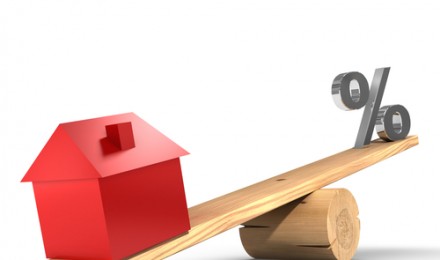Buying a house has long been considered the American dream and a symbol of success. Buying a house, however, is more than just an emotional purchase: it is an investment. Like any other investment, it is important to make sure you understand what you are getting into and that you are prepared to take on the costs so you don’t end up in over your head.
Considering the Mortgage Cost
When you are thinking about buying a house, the first thing you, as a prospective homeowner, need to do is determine if you can qualify for a mortgage and if you can afford to pay one. Qualifying for a mortgage will usually require you to have been in a stable job for at least a year. If you are self-employed, you will need to have been in business for at least two years and show a steady income to convince the bank that your business is reliable enough to provide mortgage payments. You’ll also need to make sure your credit score is good so you don’t get disqualified or end up paying a fortune in interest due to a high interest rate.
The bank will assess first whether to give you a mortgage at all, and will then determine how much of one you can afford. Typically, the total cost of your housing should not exceed 40 percent of your monthly income. The bank will look not only the payments for principle and interest on the mortgage, but will also consider the cost of taxes and insurance when determining the monthly housing cost. If you cannot comfortably afford to keep your house payments, including these added costs, below 40 percent of your income, then you probably aren’t ready to buy a house- and the bank probably isn’t going to lend you money to do so.
Practicing to Pay
Just because the bank is willing to give you a mortgage doesn’t mean you are prepared to pay it. Make sure you will actually have enough left to live on once you have the mortgage by “practicing” making the payments before you actually decide you are ready to commit to buy.
To practice making payments, find out how much your monthly mortgage, taxes and insurance costs will be and then “pay” whatever the difference is between this and your rent. For instance, assume you are paying $1000 in rent right now and you will have to pay $1200 for your total housing costs after you get your mortgage. Set aside that extra $200 a month. You’ll get used to how it feels living without it, and you’ll be able to use the extra you are saving to put towards your down payment.
Saving For a Down Payment
Another major factor in whether you are ready to become a homeowner is whether you have a down payment saved. While you can technically qualify for certain mortgages with as little as 3.5 to 5 percent down (such as if you explore a VA or FHA mortgage), borrowing more than 80 percent of the value of your home is usually not the best idea. For one thing, you will be in trouble if property values fall and you end up under water. For another, you will usually have to pay PMI (private mortgage insurance) if you put down less than a 20 percent down payment. PMI is an extra cost each month that you pay to protect the bank and it is widely viewed as a waste of money. Instead, wait until you have saved enough to comfortably put down a good down payment. This can help you in qualifying for a mortgage as well since banks will see you as a better lending risk when you have more of your own money at stake.
Remember Added Expenses
When you are deciding whether you are ready to become a homeowner or not, you will also have to consider the added expenses you’re taking on. Utilities may be more expensive in a home than in your current living arrangement, especially if the house is bigger. Repairs will be on your dime, not the landlords, and can be very costly if you buy an older home or one in need of work. There may also be added costs for things like yard maintenance, gardening or pool maintenance depending on the new home you plan to buy. Don’t forget to take al of these new costs into account when figuring out if your budget can comfortably support the purchase and payment for a home.







